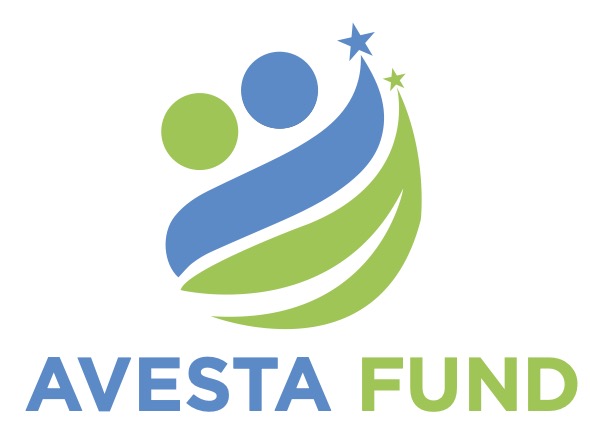

Avesta Capital LLC

Colorado, United States
November 2023
Equity investing - Developed Markets
Service with Minor Environmental Footprint
Canada,
Mexico,
United States
At Avesta Fund, we champion startup founders driving decarbonization and economic inclusion for a more sustainable and prosperous future. We believe that profit and purpose can be a virtuous cycle. To address humanity's biggest problems like climate change and economic inequality, we need innovative, scalable and profitable solutions. We help our seed-stage startups bridge the tech, venture and impact investing worlds – to attract like-minded investors, colleagues and customers as they drive toward impact and commercial success. We invest in tech-enabled companies in North America whose positive impact is aligned with their business. We prioritize (but are not limited to) diverse founding teams. We typically invest at the earliest stages (pre-seed or seed) at which founders raise money from institutional investors. Some of the areas we focus our investments in include: Climate Change: Sustainable Agriculture, Energy Efficiency, Clean Energy, Circular Economy, Green Buildings, Climate Finance, and Digital Solutions. Economic Opportunity: Education, Financial Inclusion, Future of Work, Affordable Housing, Entrepreneurship Development.
Overall B Impact Score
Governance 19.8
Governance evaluates a company's overall mission, engagement around its social/environmental impact, ethics, and transparency. This section also evaluates the ability of a company to protect their mission and formally consider stakeholders in decision making through their corporate structure (e.g. benefit corporation) or corporate governing documents.
What is this? A company with an Impact Business Model is intentionally designed to create a specific positive outcome for one of its stakeholders - such as workers, community, environment, or customers.
Workers 18.8
Workers evaluates a company’s contributions to its employees’ financial security, health & safety, wellness, career development, and engagement & satisfaction. In addition, this section recognizes business models designed to benefit workers, such as companies that are at least 40% owned by non-executive employees and those that have workforce development programs to support individuals with barriers to employment.
Community 15.9
Community evaluates a company’s engagement with and impact on the communities in which it operates, hires from, and sources from. Topics include diversity, equity & inclusion, economic impact, civic engagement, charitable giving, and supply chain management. In addition, this section recognizes business models that are designed to address specific community-oriented problems, such as poverty alleviation through fair trade sourcing or distribution via microenterprises, producer cooperative models, locally focused economic development, and formal charitable giving commitments.
Environment 3.9
Environment evaluates a company’s overall environmental management practices as well as its impact on the air, climate, water, land, and biodiversity. This includes the direct impact of a company’s operations and, when applicable its supply chain and distribution channels. This section also recognizes companies with environmentally innovative production processes and those that sell products or services that have a positive environmental impact. Some examples might include products and services that create renewable energy, reduce consumption or waste, conserve land or wildlife, provide less toxic alternatives to the market, or educate people about environmental problems.
Customers 28.8
Customers evaluates a company’s stewardship of its customers through the quality of its products and services, ethical marketing, data privacy and security, and feedback channels. In addition, this section recognizes products or services that are designed to address a particular social problem for or through its customers, such as health or educational products, arts & media products, serving underserved customers/clients, and services that improve the social impact of other businesses or organizations.
What is this? A company with an Impact Business Model is intentionally designed to create a specific positive outcome for one of its stakeholders - such as workers, community, environment, or customers.